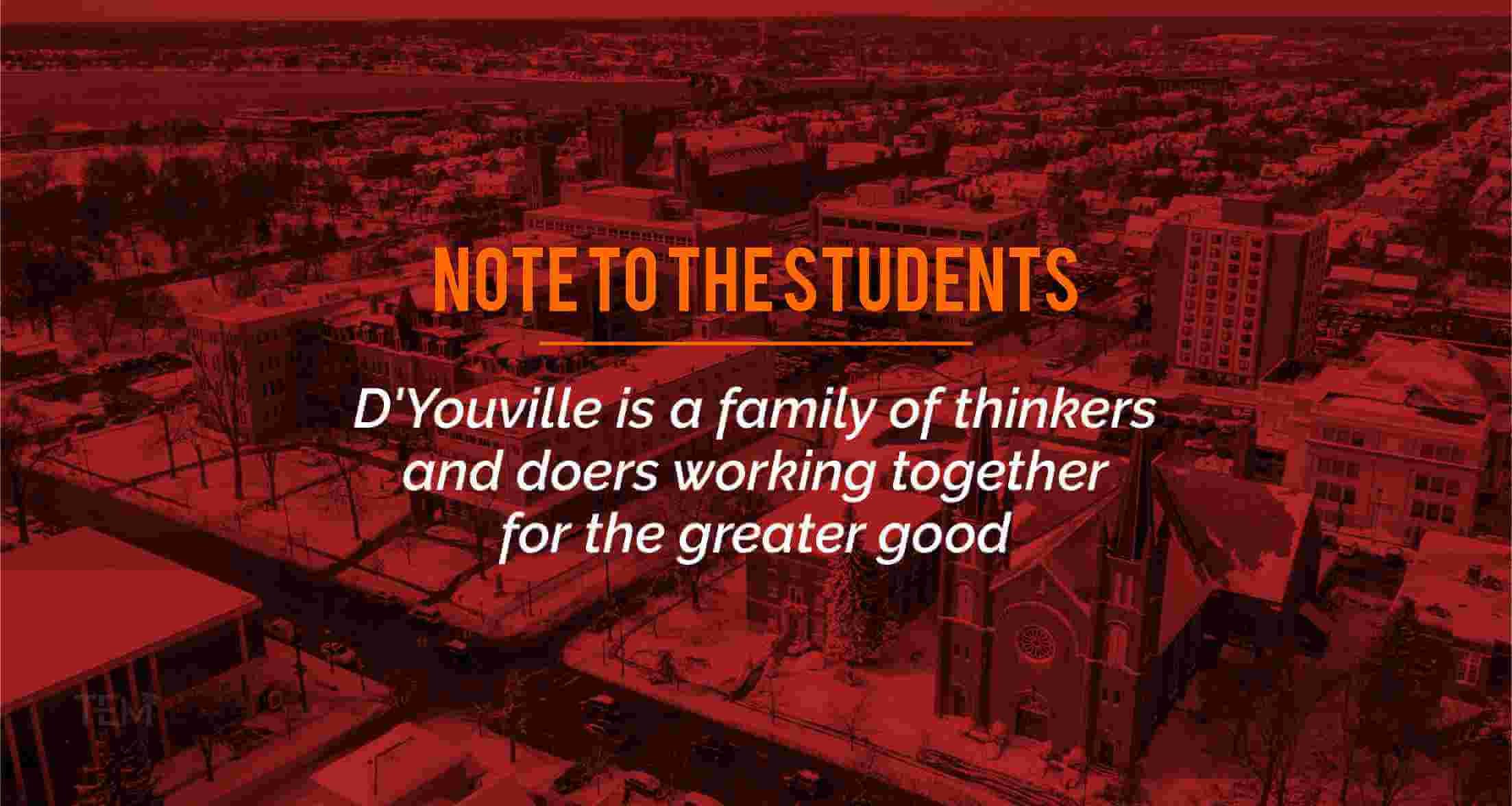A College in Upstate New York Is Shortening the Work Week to 32 Hours, but Pay and Benefits Are Staying the Same
This article was originally published on The Business Insider.
Like many around the world, D'Youville College in Buffalo, New York is trying something new in 2022.
The college announced it's instituting a six-month trial of a 32-hour workweek for around 140 workers — and employees will still receive the same pay and benefits as they did during their five-day week. Those workers include mostly staff and administration members, as well as librarians. Non-librarian faculty members, who already do not work D'Youville's traditional 37.5-hour week, are not included in the current trial.
The 32-hour workweek first arose at D'Youville as part of a work-share program in the summer of 2020. The school had to get "creative" amidst the onset of the pandemic, experimenting with the shorter week as part of New York's Shared Work Program. Under that plan, employees' hours could be shrunk and they could collect unemployment insurance on the hours they were no longer working.
"During that time, we were very successful, very engaged with our students — surveys that we did with our students indicated improved engagement," Lorrie Clemo, D'Youville's president, told Insider. The school was still remote during that time.
As workers around the country rethink what they want out of work, and yearn for flexibility, Clemo hopes that the shorter week will reduce attrition and bring in high-quality workers who want that balance — and create a school of graduates who understand the benefits of a "modernized" work environment and potentially reshape their own future work.
Lorrie Clemo.
Courtesy of D'Youville
"We think that work will be more satisfying to our employees if they're more rested, and they feel happier about their overall lives," Clemo said.
A 32-hour workweek has gained more prominence in recent years. Progressives in Congress have thrown their support behind a bill that would shrink weekly working hours to 32. A four-day workweek pilot in Iceland made headlines as workers saw their happiness go up and stress fall — but their productivity remained the same. Other countries like Scotland and Japan are trying out the concept.
"After a nearly two-year-long pandemic that forced millions of people to explore remote work options, it's safe to say that we can't – and shouldn't – simply go back to normal, because normal wasn't working," Rep. Mark Takano, the California Democrat behind the shorter workweek legislation, said in a statement announcing the bill.


